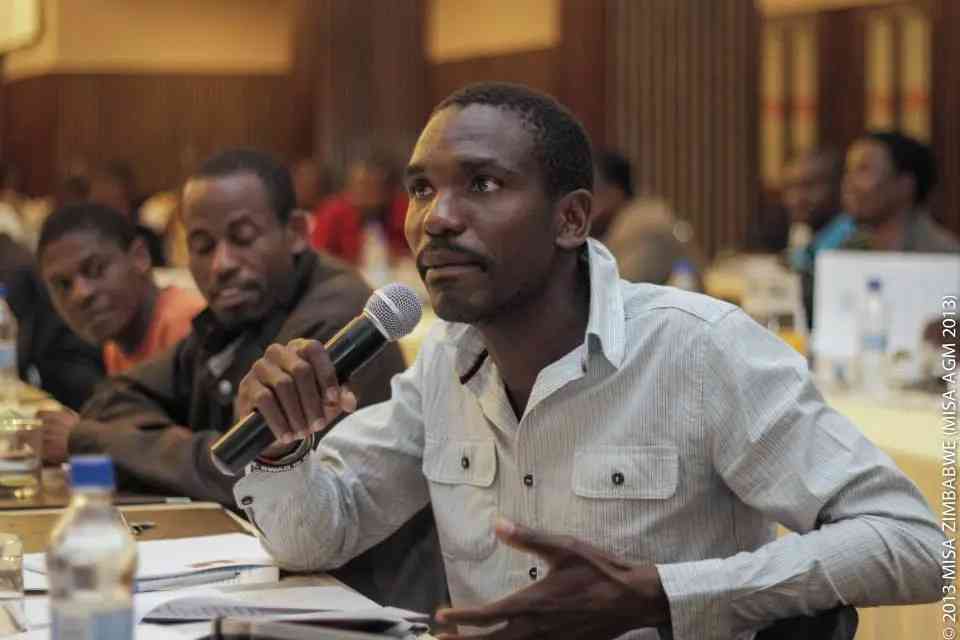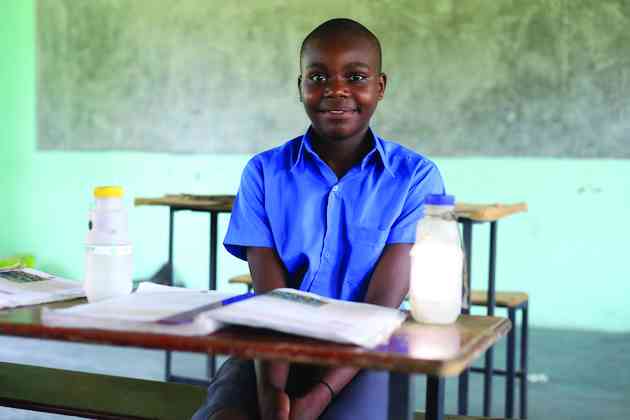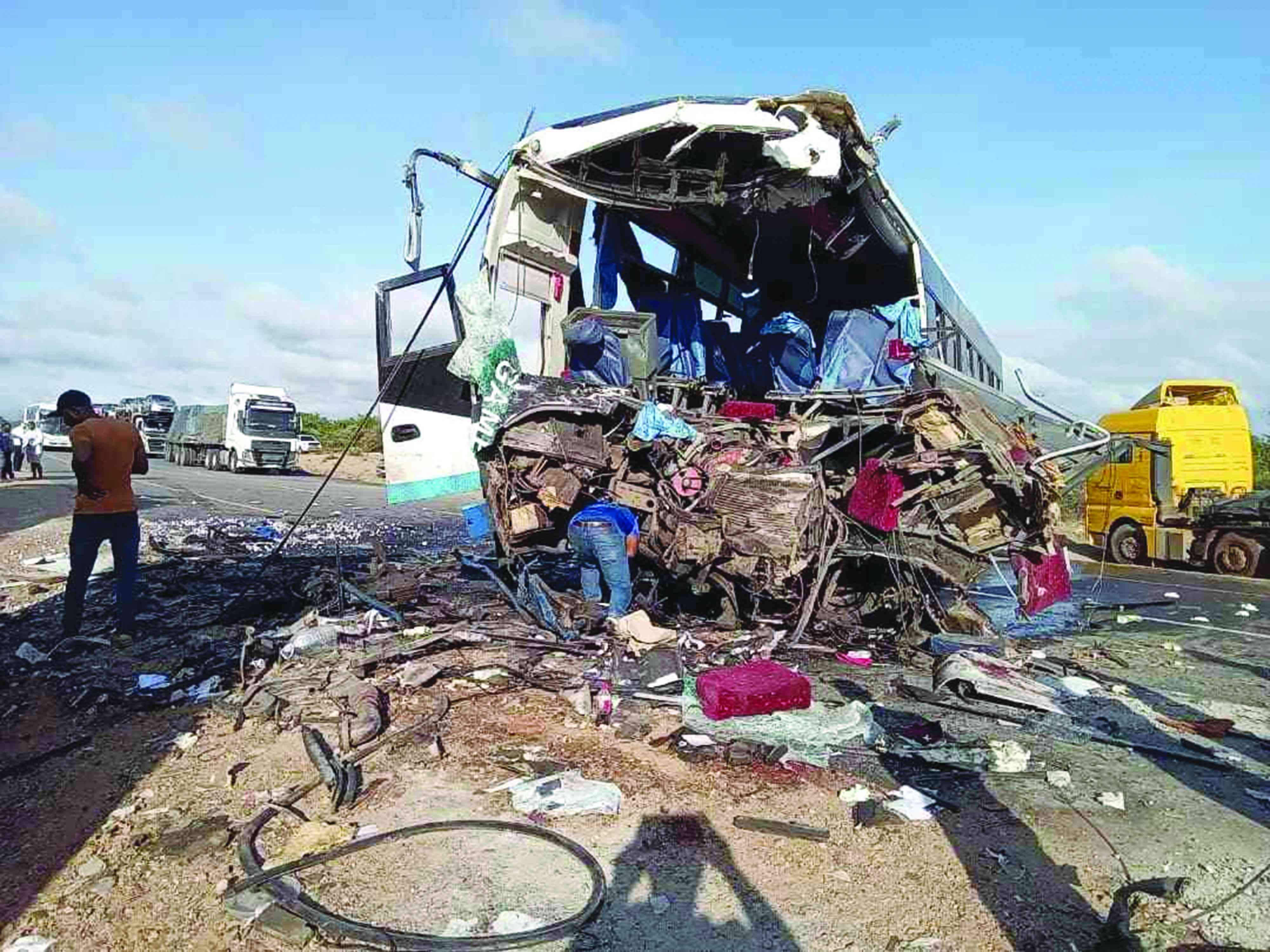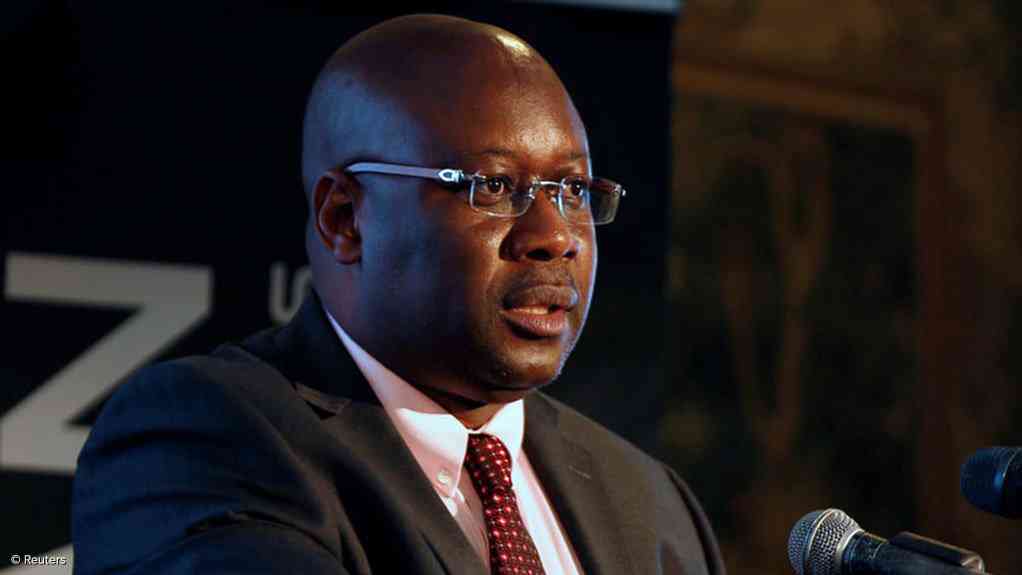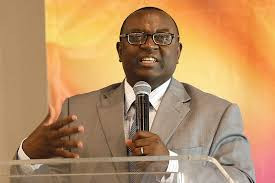
CORPORATE leaders have called for a stronger focus on sustainability practices, particularly in Zimbabwe’s informal sector, which accounts for nearly 80% of the country's economic activity but presents significant challenges for climate financing.
This comes as Zimbabwe Independent in partnership with Pivot Africa launched the Environmental, Social, and Governance and Sustainability Association of Zimbabwe (ESG-SAZ) yesterday at the 2024 Annual Sustainability Summit.
The association was established to harmonise and amplify the efforts of diverse stakeholders in Zimbabwe, driving collaborative solutions to ESG issues and promoting sustainable development.
Its goal is to bring together the financial and non-financial sectors, as well as the private and public sectors, to collaboratively tackle these global challenges.
Additionally, the association aims to draw together key representatives from bodies such as the Public Auditors and Accountancy Board (PAAB), the Actuarial Society of Zimbabwe, the Institute of Chartered Accountants of Zimbabwe, relevant government ministries, and regulatory authorities.
By doing so, the association seeks to align Zimbabwe with international best practices in ESG and sustainability.
While regulations on ESG standards and sustainable development goals (SDGs) have mainly targeted formal corporations, which represent around 20% of the economy, the vast majority — 80% — remains largely unaddressed.
Like many other countries, Zimbabwe is facing the growing pressures of climate change, environmental degradation, and deepening social inequality.
- Is Zimbabwe ready for green building standards?
- Is Zimbabwe ready for green building standards?
- What’s driving the push for renewable energy?
- What’s driving the push for renewable energy?
Keep Reading
Speaking at the inaugural Annual Sustainability Summit, Alpha Media Holdings (AMH) CEO Kenias Mafukidze said there was a need to simplify the concept of sustainability so that it is understood by everyone, including those in the informal sector.
The summit, running under the theme “Beyond the Global Trilemma”, was hosted by the Zimbabwe Independent in partnership with Pivot Africa, Claxon Actuaries and Africa Institute for Carbon Trading and Sustainability.
Mafukidze highlighted the importance of inclusive sustainability strategies that reflect the unique challenges faced by Zimbabwe’s informal economy.
"Let us demystify SDGs and let us bring them to the shelf floor for everyone to understand what it is and the need for us to be aligned and beyond that,” he said.
“Let us have clear vision and targets on how we are going to make this happen. After that, we go on to constantly monitor those initiatives."
Tinashe Rwodzi, PAAB chairperson, pointed out the need to close the information gap and help businesses at all levels understand the benefits of adopting ESG and SDG practices.
"This is such a huge aspect of not just business, but across the whole economic spectrum. This is because those are the people who interact with the ordinary person at the rural level, at the homestead level,” he said.
“And also, civil leadership in the sense that when you look at our economy, depending on which estimate you take, we are probably as much as 80% informal."
Chartered Governance and Accountancy Institute of Zimbabwe CEO Lovemore Gomera urged businesses to make sustainability a priority while being mindful of costs.
He implored companies to prioritise ESGs, but cut on luxuries and create financing.
"For me, it is starting small. As different organisations, we are at different stages and different maturity levels where some are at the front, some at the middle, and some at the end, but let us make sure that we budget at least some money towards ESGs and cut on luxuries at your respective organisations," Gomera said.
"Certain aspects do not need financing. There are things that we can do on our own, like energy saving."
Gomera said executives should be innovative, while identifying sustainability champions who will lead in training other employees and the public on ESGs.
“We need people who can relate to the effect of ESG on the challenges that face organisations, people who can guide and lead the team.
"I can again say that domestic funding is there but shareholders want to see the return on investment. Is it impactful, what you are trying to do?
So, within our teams, let us be innovative as managers, as CEOs, and as directors. Let us innovate around green investment and make sure that there are benefits."
United Nations Development Programme (UNDP) Climate Energy and Nature team leader Constance Pepukai said the transition to a green economy has potential to create employment opportunities, especially in agriculture and renewable energy for economic development.
“We absolutely need training and capacity building to equip the workforce for emerging opportunities. Investments in education and vocational training are, therefore, essential to prepare the workforce for new roles,” she said.
Pivot Africa's ESG climate expert Cynthia Tapera emphasised the need for organisations to prioritise ESGs towards real change on climate change mitigation.
"As the world grapples with climate change, biodiversity loss, and energy crisis, organisations must prioritise sustainability,” she said.
“Pivot Africa, a knowledge partner for the Zimbabwe Independent, through this sustainability summit, aims to convene stakeholders to drive real change.
"As Pivot Africa, we assist organisations on carbon neutrality and environmental impact. We assist organisations in navigating regulations and sustainability beyond carbon and water adjustment mechanisms.
“For companies exporting to the EU (European Union), understanding the seven categories listed by the regulation is crucial. On reporting and communication, effective reporting and impact-driven communication are essential. We help organisations convey their sustainability impact without green washing."
Mafukidze noted that there was a need for corporates to set clear targets and implement them to resolve some of the challenges they face in implementing ESGs.
"There are quite a few challenges around sustainability. Let me start with balancing between sustainability and profitability, and one of the key challenges is how you balance the short-term gains of having recorded a profit versus the long-term damage it might be doing to the climate and people around it. Those are all things that you have got to work on and balance more," he said.
"I think alongside that is the whole aspect of investing in new technology. If the power goes in this environment, you have to have alternatives, like your generator, but the long-term solution is maybe to switch to solar, but you will need to invest into that, which financing is still a challenge.
“I think part of the solution to that is starting with a very clear vision in terms of sustainability. We need to say, what are we trying to do?
“And as a corporation, what are the things we need to do? And what are the goals? Most importantly, there is an element of accountability and constantly reporting on them and on the progress that you are making."
The informal sector lacks access to sustainability information, hindering its ability to adopt environmental friendly practices.
The country has struggled with power outages, water scarcity, and environmental degradation, underscoring the need for sustainable practices.

